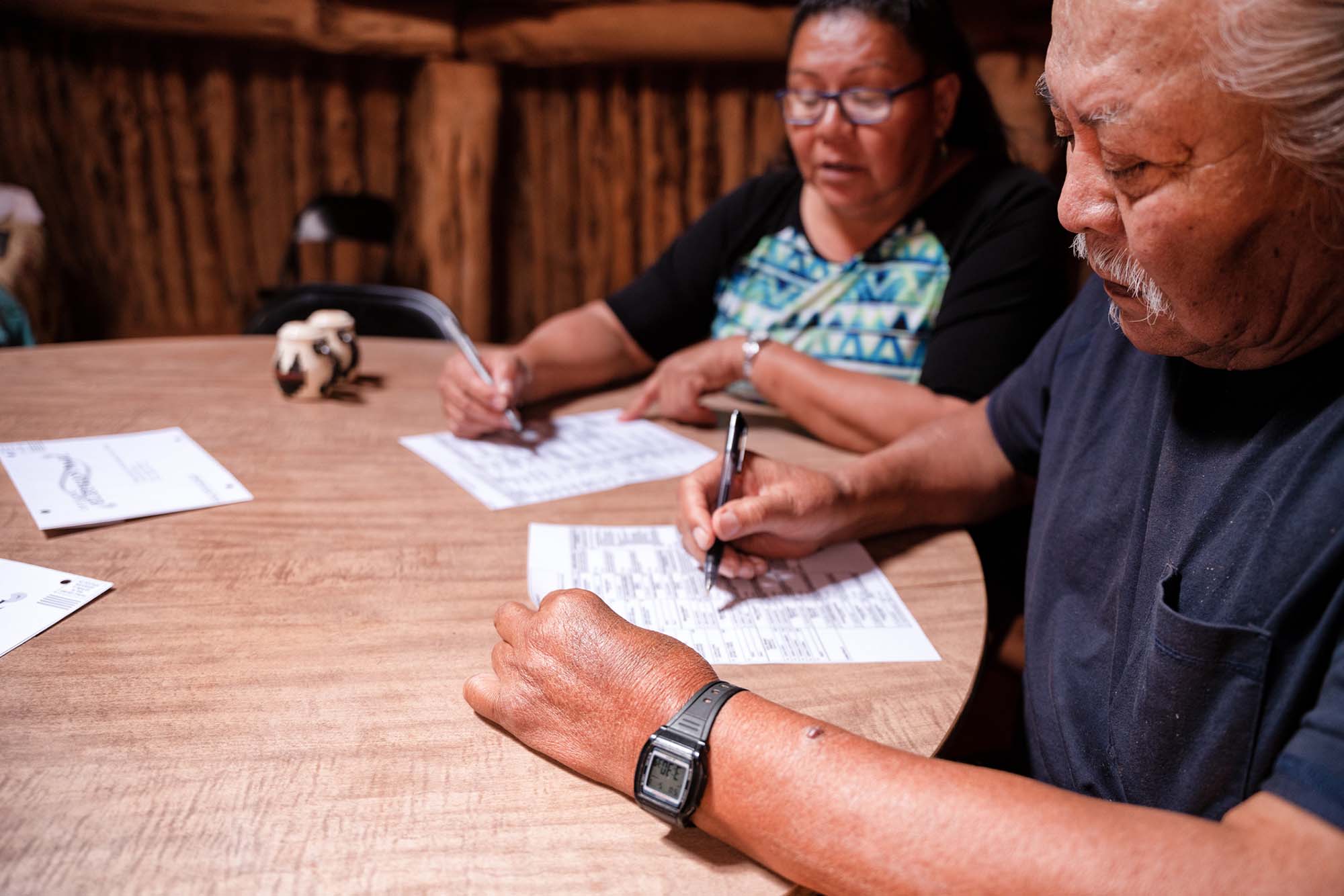-

New Research in Psychological Science
A sample of research on statistical learning within objects, the effects of acute stress on learning and decision-making, aging-associated declines in cognition, reconsidering belief in contradictory conspiracy theories, and much more.
-
Feeling Younger Than Your Age May Be Good for Your Health
Odds are the age you feel does not match up with the number of candles you blow out on your birthday cake. Middle-aged and older adults tend to feel younger than their chronological age, research shows. Many adults feel a few years to decades younger, and this may be a good thing. A younger subjective age is correlated with better overall health and can serve as a “biopsychosocial marker” predictive of healthy aging beyond chronological age, studies show. This perception of youth is, in one sense, a denial of reality.
-
Useful Feedback, More Than Praise, Helps Students Flourish
“Give a man a fish, and you feed him for a day. Teach a man to fish, and you feed him for a lifetime.” This proverb has become a cliché, but it remains a useful shorthand for self-sufficiency. If you want someone to succeed independently, give them the tools to do so. Within the realm of education, this principle can inform the ways that teachers give feedback. For instance, it is often easier and quicker for educators to simply correct a student’s work.
-
Your Most Ambivalent Relationships Are the Most Toxic
It’s been two decades, but I still feel jittery when I think of an old boss of mine. One day she nominated me for an award for service to the organization. Then she threatened to fire me for raising a concern about a colleague being mistreated. “If you ever speak up out of turn again,” she said, “I’ll have you fired.” I walked on eggshells until the day she quit. We often think about relationships on a spectrum from positive to negative. We gravitate toward loving family members, caring classmates and supportive mentors. We do our best to avoid the cruel uncle, the playground bully and the jerk boss. But the most toxic relationships aren’t the purely negative ones.
-
How to Make Better Decisions, Faster
Contemplation and reflection are important, but nothing ever gets done until you actually get started. In business (and in life), a bias toward action is important. That's why Jeff Bezos thinks most decisions should be made when you don't have all the information you wish you had. As Bezos says: Many decisions are reversible, two-way doors. Those decisions can use a light-weight process. Most decisions should probably be made with somewhere around 70 percent of the information you wish you had.
-

Native Americans’ Awareness of Omission and Discrimination Fuels Civic Engagement
Native American adults who identified more strongly as Native were more likely to notice group omission and discrimination, prompting increased civic engagement.

